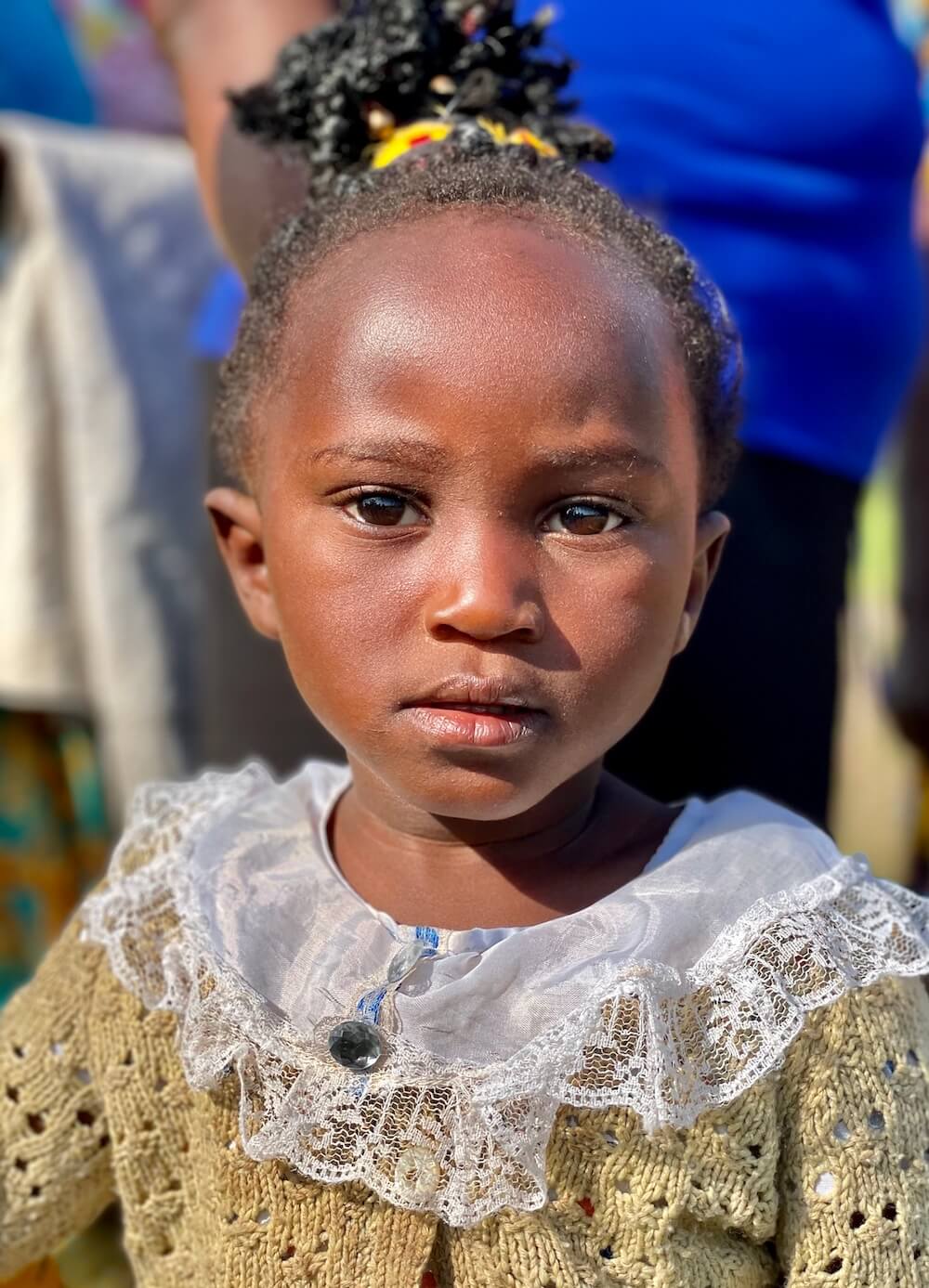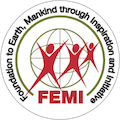Uganda
Ongoing projects
Link to Progress
Our partner Link to Progress [LTP] has been active in Northern Uganda since 2007. We have been supporting them since 2017.
In recent years, LTP has developed an integrated approach in which, with the schools at the center, they support the communities around them to improve their living conditions and life chances. Among other things, they do this through their established WASH program in which people get access to clean drinking water, setting up savings and loan groups, health camps, improving nutrition by setting up school lunches, etc.
The founder of LTP is TGS Netherlands. TGS Netherlands merged with FEMI in 2016. Now it is a named fund under FEMI. This gives FEMI the chairmanship role within the local board of LTP Uganda. In the coming years, the goal is to transfer this role so that the board will consist entirely of Ugandans.
100WEEKS
With the donations we make to 100Weeks, a number of loan groups set up by LTP are included in 100Weeks’ direct cash transfer program. LTP has now been trained by 100Weeks, allowing them to begin to connect the more than 700 groups they have set up over all these years. In addition, part of our donation to 100Weeks is used as ‘learning money’; for us to be able to actively engage and inform our partners about the principle of direct cash transfers, and for 100Weeks to be able to continue to innovate where necessary.
WISE
Our 3rd partner is WISE, a small CBO active in southwestern Uganda. originally set up by a group of students wanting to work against poverty in their own communities. It is a small initiative with which collaboration has only just begun.

CYCLE CONNECT
Cycle Connect’s shared mission is to increase the income of smallholder farmers to lift their families out of poverty. They work together to provide farmers in rural Uganda with income-generating assets under favorable farmer financing terms, along with delivery to the last mile and regular training on product use and financial literacy.
Extreme poverty and unequal access to finance are a reality for smallholder farmers in Uganda’s most remote areas. About 8 million last-mile farmers lack access to formal lending networks and institutions, and only 10% of Ugandan smallholders borrow from the formal sector. Without access to credit and financial training, farmers are unable to invest in their own farms and acquire the tools and knowledge needed to increase their productivity, provide for their families and escape poverty on their own terms. More than half of Ugandan farmers also still farm their land by hand, leading to inefficiencies. The result is a threefold gap in agricultural yields, preventing farmers from increasing their income and improving their families’ quality of life. 85% of Ugandan smallholders earn only $1.50 a day, while they could earn more than $4 if they were operating at their full potential.
The support aims to help farmers test the potential of joint ownership of oxen and plow loans to increase the income of 60 farmers (partly within groups identified by Link To Progress, a current partner of FEMI). These groups include vulnerable communities in northern Uganda in Oyam districts.
Cycle Connect strives to provide farmers with access to tools that allow them to create economic opportunities for themselves, improve their income and invest in their family’s future. To achieve this goal, they focus on providing newly innovated joint ownership of oxen and plow loans that will have a direct impact on farmers’ ability to increase their income by at least 30%. With joint loans, farmers share costs and responsibilities and have a better chance of repaying them.
As part of Cycle Connect’s product development process, they will first test the loan product to fully understand farmer use, the income-generating aspect and in this case, the collaborative aspect of the new loan.
AMANI
AMANI Initiative is a grassroots non-profit organisation in Uganda, founded in 2011 by Nixon Ochatre to combat teenage pregnancy and child marriage in the Maracha District of the West Nile Sub-Region. Nixon, then a 19-year-old university student, was driven by personal experiences of seeing friends and relatives suffer from these issues. The organisation began as a Community-Based Organization and has since grown to include a network of health facilities, self-support groups, low-cost schools, and community change agents. Focused on education, child protection, socio-economic empowerment, and health, the AMANI Initiative employs low-cost, high-impact strategies to promote human rights, equality, and social justice.
The BRIDGE Project in Tara Sub-County, Maracha District, is a two-year initiative focused on transforming the lives of 35 at-risk women and their households by creating lasting socioeconomic stability and enhancing household resilience, ultimately contributing to the reduction of harmful practices like child marriage and gender-based violence. Selected through a community-driven process, these households will undergo a detailed household Strengths Weakness Opportunities Threats (SWOT) analysis to identify their strengths, weaknesses, opportunities, and threats. Facilitators will then work with each household to develop action plans, followed by regular follow-up visits to track progress.

Nascent Research and Development Organization Uganda (NRDO-U)
Nascent Research and Development Organization Uganda (NRDO-U) is a non-governmental organization working in the East African Region to promote social change. NRDO-U has existed since 2008. In Uganda, it has her operations in Karamoja region (Moroto, Nakapiripirit, Amudat), eastern region (Mbale, Sironko, Bulambuli, Iganga), central Uganda (Buikwe, Kampala) and Western region (Kikuube and Kabarole).
NRDO-U aims to achieve social justice for underserved people, especially children and youth. Their work is guided by principles that include the primacy of human and living rights, social justice and inclusion, critically reflexive practice, community engagement, integrity and living consciously with the environment.
Research is a crucial component of their work and an avenue through which they seek to provide evidence-based practice on how local perspectives play a key role in sustainable development. Nascent aims to highlight the nexus between theory and practice underscoring how research and practice are not dichotomous but strengthen each other. Young people are owners of essential knowledge, and research should not just be about them but with them. When it comes to understanding the needs and perspectives of young people, a peer-to-peer-oriented approach in research is their niche.
Nascent RDO-Uganda (NRDO-U) has a team of community resource persons in Moroto, Nakapiripiti and Amudat districts who have been trained in several approaches and methodologies including but not limited to social protection, community and cultural dynamics, livelihood enhancement, village savings and loans associations (VSLA’s), and many more. The Nascent RDO supported school, VSLA groups, livelihood groups and youth hubs are a valuable entry point into sensitizing communities about the WASH component. NRDO-U has built a strong working relationship with leaders at the Local government level up to the local community leaders, including a strong network of elders who support the different initiatives.
Project
The project has been titled “Improving WASH practices in Nanyidik – Moroto (I-WASH: One)”. The I-WASH: One Programme will target all households in Nanyidik community, Rupa Sub County, Moroto district to attain increased access to safe drinking water, improved sanitation and hygiene practices, which contributes to the Sustainable Development Goal 6. NRDO-U apply the Home Improvement Model together with community led total sanitation (CLTS from our partner Link To Progress ). These two models have been preferred because of the complementarity they bring to improving WASH.
